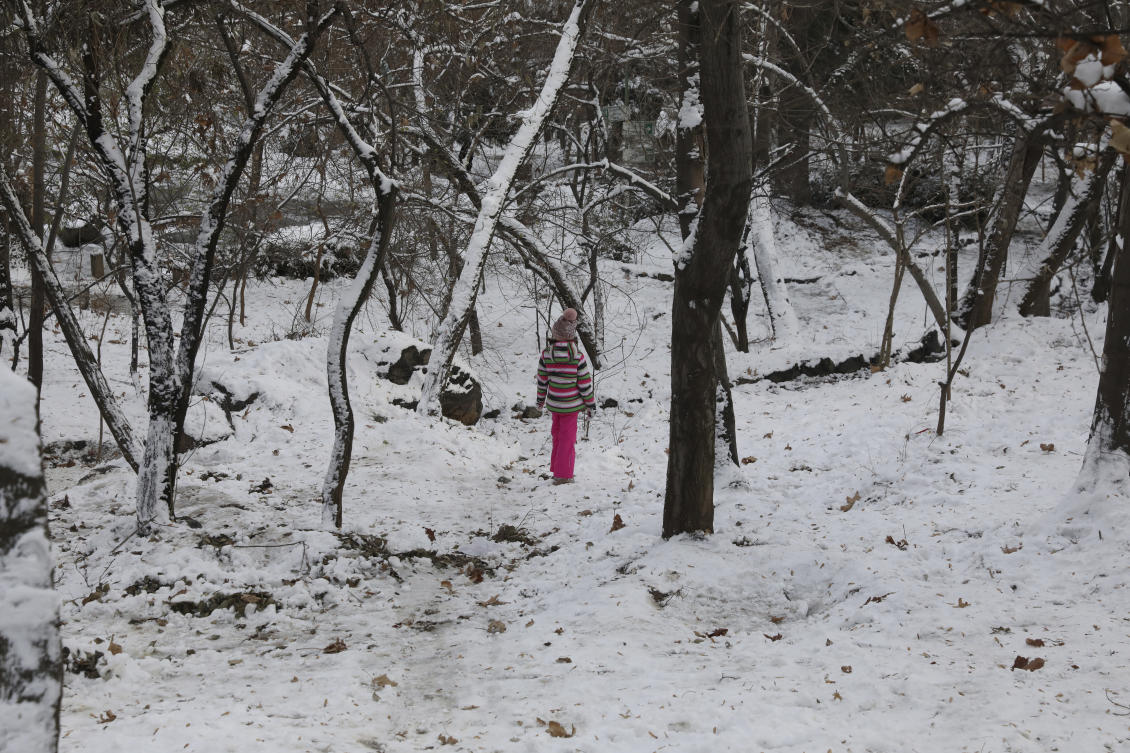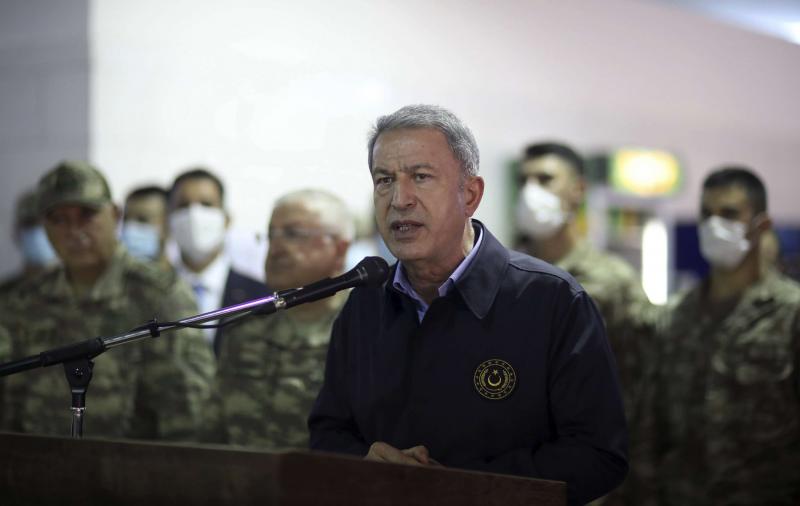Turkish parliament approves controversial oversight law
ANKARA: Turkey’s parliament on Sunday approved a controversial law approving the oversight of associations and foundations, which critics say will stifle NGOs and damage civil society.
It gives the state the power to replace the boards of NGOs with trustees, as well as suspending their operations and having civil servants carry out annual monitoring.
The assets and online donation campaigns of NGOs could be blocked after inspections as a way to prevent money laundering and prevent terrorism financing.
Dunja Mijatovic, who is the Council of Europe’s commissioner for human rights, last week voiced her concerns about the legislation. She said it would allow the state to restrict civil society activism in the country and target critical voices.
She tweeted on Dec. 22: “The Turkish Parliament should discontinue attempts to introduce legislation further restricting legitimate NGO activities, including replacement of NGO leaders facing investigations under anti-terror laws with gov-appointed trustees and restrictions on fund-raising activities.”
The new law also allows the interior minister to replace members of organisations who are being investigated on terror charges.
However, terror charges in Turkey are often arbitrary and target dissidents as a way to quash civil society activists, journalists and politicians. Hundreds of NGOs launched a petition to prevent the bill from passing, warning that it would “destroy civil society” in Turkey.
Turkish philanthropist and civil society figure Osman Kavala was acquitted earlier this year of terror-related charges for allegedly organizing and financing anti-government protests in Gezi in 2013. But he was quickly re-arrested over alleged links to a failed coup attempt in 2016 and military espionage.
Lawmaker Alpay Antmen, from the main opposition People’s Republican Party (CHP), said the new legislation went against several articles of the constitution, especially regarding the right to privacy and the right to property, as well as against several international conventions that Turkey was a signatory to.
“Here the main target is to get the authority to appoint trustees to all dissident civil groups. It is crystal-clear,” he told Arab News.
Antmen said the law would give civil servants the power to close NGOs without waiting for the judicial process to be completed.
“The courts are generally giving politically motivated rulings without respecting the constitution. Turkish rulers keep branding all dissident figures as terrorists just because they don’t support them. Opposition women’s rights associations, human rights groups and all similar civil society groups can now be closed with just one signature. As the trials will endure for years, their assets will be frozen for long years.”
Antmen, who is a lawyer by training, believed that Turkey’s handful of democratic, secular and progressive civil society actors had lost all judicial guarantees to maintain their once vibrant existence in the country thanks to this new law.
“It is unfortunately the beginning of the end for the civil society presence in Turkey.”
A European ruling that was critical about the jailed Kurdish politician Selahattin Demirtas and ordered his release led Turkish President Recep Tayyip Erdogan to say that the government did not abide by the rulings of the European Court of Human Rights, even though the country has been a member of this court for decades.
“The ECHR could not pass judgment in the place of Turkish courts,” he said on Dec. 23.

Turkey warns Libya’s Haftar and supporters against attacking its forcesEastern Turkey shook by 5.3 magnitude earthquake



